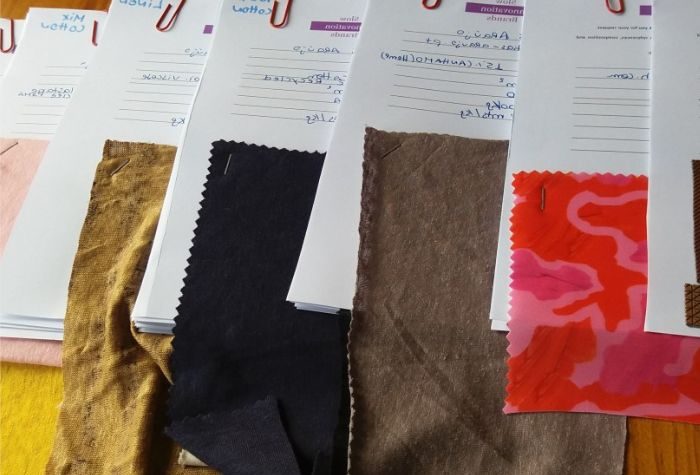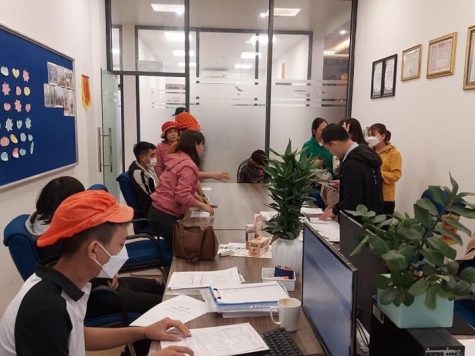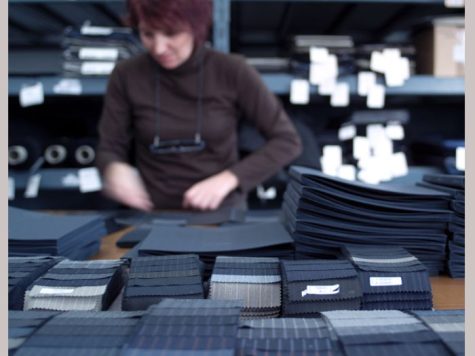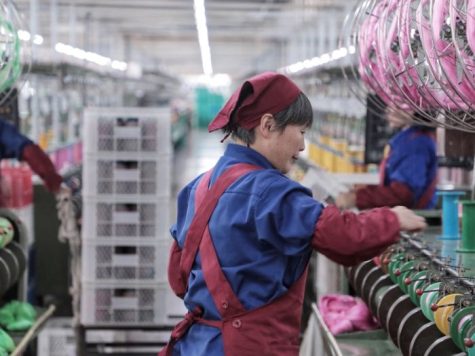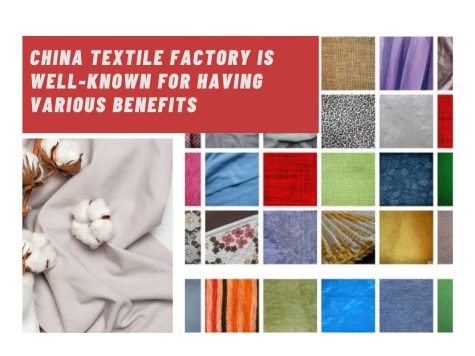Europe has long been renowned for its rich textile heritage and the exceptional craftsmanship of its fabric manufacturers. From the elegant couture houses of Paris to the traditional mills of Italy, European fabric manufacturers have left an indelible mark on the global fashion and textile industry.
Mục Lục
1. The legacy of fabric manufacturing at European fabric manufacturers
European fabric manufacturing boasts a heritage that spans centuries. Countries like Italy, France, the United Kingdom, Spain, and Belgium have been at the forefront of the textile industry, preserving traditional techniques while embracing innovation. The craftsmanship passed down through generations has allowed these European fabric manufacturers to maintain a high-quality standard, making them trusted names in the global market. We explore some of the iconic fabric manufacturers in each of these countries, showcasing their historical significance and the contributions they’ve made to the industry.
- Italian: Italy has long been synonymous with luxury and style, and its fabric manufacturers are no exception. From the iconic silk-producing region of Como to the renowned wool mills in Biella, Italian manufacturers are celebrated for their meticulous attention to detail and exceptional quality.
- French: France has been a hub of fashion and textile innovation for centuries. The country’s fabric manufacturers blend traditional craftsmanship with a flair for experimentation, resulting in elegant and unique fabrics. From haute couture houses to textile mills, French fabric manufacturers belong to European fabric manufacturers and continue to captivate the industry with their artistry.
- British: Great Britain has a rich heritage in fabric manufacturing, with iconic patterns like tweeds and tartans originating from its mills. Whether it’s the enduring elegance of Harris Tweed or the vibrant plaids of Scottish tartans, British fabric manufacturers have preserved their legacy while embracing modern techniques.
- Spanish and Belgian: While often overshadowed by their European fabric manufacturers counterparts, Spain and Belgium have their contributions to offer in the fabric manufacturing realm. Spanish manufacturers excel in producing high-quality textiles like lace, linen, and leather, drawing inspiration from their rich cultural heritage. On the other hand, Belgium is known for its expertise in weaving and producing fine linens, renowned for their durability and elegance.
European fabric manufacturers have consistently showcased their unparalleled expertise, preserving centuries-old traditions while embracing innovation. From the luxury of Italian silk to the avant-garde creations of French lace, the European fabric landscape is a testament to the mastery of its artisans. By combining history, craftsmanship, and sustainable practices, these manufacturers continue to shape the future of the textile industry. As fashion evolves, European fabric manufacturers remain at the forefront, setting the standards for quality, innovation, and timeless elegance. Their contributions have not only defined European fashion but have also influenced designers and consumers worldwide, making them an integral part of the global fabric tapestry.
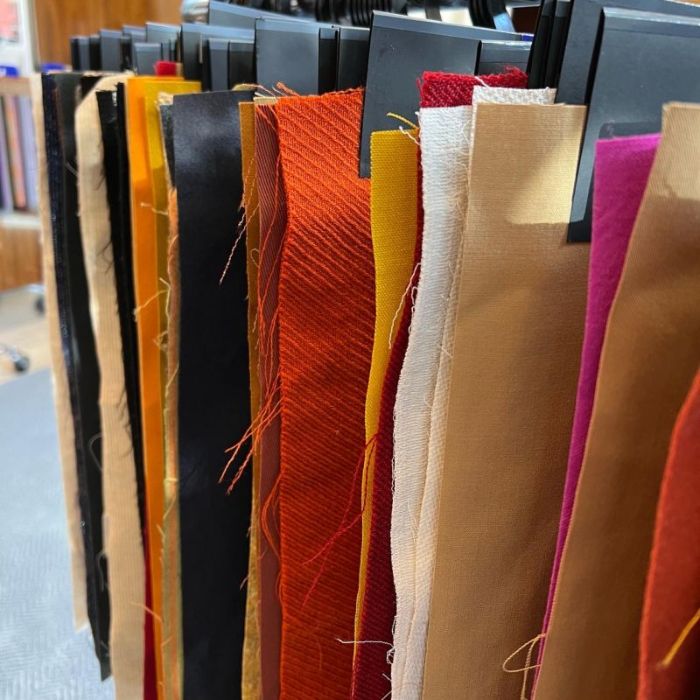
The legacy of fabric manufacturing at European fabric manufacturers
2. The benefits and challenges when buying from European fabric manufacturers
When sourcing fabrics, European fabric manufacturers have earned a reputation for their exceptional craftsmanship and commitment to quality. However, like any sourcing decision, there are both benefits and challenges associated with buying from European fabric manufacturers.
2.1. Benefits of buying from European fabric manufacturers
Choosing to buy from European fabric manufacturers brings many benefits that elevate the quality, design, and sustainability of your products.
- Exceptional quality and craftsmanship: European fabric manufacturers are renowned for their unwavering commitment to quality. Their rich heritage, meticulous attention to detail, and mastery of traditional techniques result in fabrics of superior craftsmanship. When buying from European manufacturers, you can expect materials that are durable, luxurious, and refined, setting your products apart in terms of both aesthetics and durability.
- Innovation and design excellence: Europe has been a hub of innovation and design in the fashion and textile industry for centuries. European fabric manufacturers are often at the forefront of emerging trends, combining traditional techniques with modern advancements. By sourcing fabrics from Europe, you can access cutting-edge designs, unique textures, and innovative materials that can elevate your creations and captivate your customers.
- Sustainable practices: Sustainability is a growing concern in the textile industry, and many European fabric manufacturers have embraced eco-friendly practices. From using organic and recycled materials to implementing energy-efficient production processes, European manufacturers prioritize sustainability. By partnering with them, you can align your brand with environmentally conscious values and cater to the increasing demand for sustainable products.
- Proximity and shorter lead times: European fabric manufacturers offer geographical advantages to buyers in Europe or nearby regions. Proximity reduces shipping costs and allows for faster communication and collaboration. Shorter lead times mean a quicker turnaround for production, enabling you to respond swiftly to market demands and fashion trends.
- Cultural diversity and versatility: Europe is home to various fabric manufacturers, each with unique cultural influences and specialties. From Italian silks to Scottish tweeds, French laces to Belgian linens, the versatility of European fabrics allows you to find the perfect match for your specific design needs. The wide variety will enable you to explore different styles and materials to create a diverse product range.
Embracing the advantages of European fabric manufacturers allows you to unlock a world of exceptional craftsmanship, innovation, and sustainable practices, setting your brand apart and captivating customers with superior fabrics.
2.2. Challenges when buying from European fabric manufacturers
While sourcing fabrics from European fabric manufacturers offer numerous advantages, it is vital to navigating the potential challenges that can arise in terms of costs, logistics, and finding the right fit for your specific requirements.
- Higher costs: European fabrics are often associated with higher price points due to skilled labor, stringent quality control, and adherence to environmental regulations. The premium quality and craftsmanship come at a cost, making European fabrics relatively more expensive compared to alternatives from other regions. Buyers must carefully consider their budget and market positioning when choosing European materials.
- Minimum order quantities and limited availability: Some European fabric manufacturers may have a minimum order quantity requirements, particularly for custom or exclusive designs. This can be challenging for small-scale designers or businesses with limited capital. Additionally, certain specialty fabrics or limited production runs may have restricted availability, making it necessary to plan and secure orders well in advance.
- Language and cultural barriers: Working with European fabric manufacturers may involve navigating language and cultural differences. Communication challenges can arise, especially when dealing with non-English-speaking manufacturers. It is essential to establish clear lines of communication, possibly involving translators or agents, to ensure effective collaboration and avoid misunderstandings.
- Logistics and shipping considerations: For buyers outside Europe, logistics and shipping can pose challenges. Importing fabrics from European fabric manufacturers may involve navigating customs regulations, tariffs, and longer transit times. It is crucial to consider these considerations when planning production schedules and managing inventory.
- Finding the proper manufacturer: While Europe boasts a rich fabric manufacturing landscape, finding the right European fabric manufacturers that align with your specific needs and requirements can be daunting. Extensive research, attending trade shows, and establishing reliable business connections are necessary to identify reputable manufacturers with the desired capabilities and product range.
By understanding and proactively addressing the challenges associated with buying from European fabric manufacturers, you can effectively leverage their expertise and cultural diversity, ensuring a successful partnership that enhances your product offerings and strengthens your position in the competitive market.
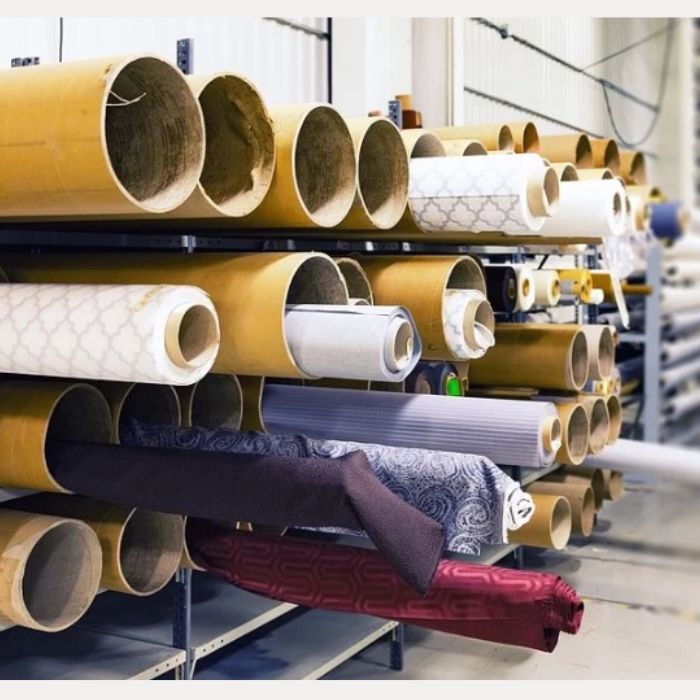
The benefits and challenges when buying from European fabric manufacturers
3. Factors to consider when choosing European fabric manufacturers to partner
When selecting European fabric manufacturers as partners for your business, several factors should be considered to ensure a successful and mutually beneficial collaboration. Here are vital factors to consider:
- Expertise and specialization: Evaluate the manufacturer’s expertise and specialization within the fabric industry. Consider their experience, reputation, and the specific types of fabrics they excel in producing. Look for European fabric manufacturers whose strengths align with your product requirements and design aesthetics.
- Quality and standards: Assess the European fabric manufacturers’ commitment to quality and adherence to industry standards. Look for certifications such as Oeko-Tex Standard 100, which ensures the fabrics are free from harmful substances. Review their quality control processes, including testing and inspection procedures, to ensure consistency and reliability.
- Production capacity and lead times: Consider the manufacturer’s production capacity about your business needs. Determine if they can accommodate your order volumes and meet your desired lead times. It is crucial to ensure that European fabric manufacturers can fulfill your requirements while maintaining quality and timely delivery.
- Pricing and cost structure: Understand the pricing and cost structure of European fabric manufacturers. Request detailed quotes and consider fabric quality, complexity, and customization requirements. It is essential to balance cost and quality while ensuring pricing aligns with your target market and profitability goals.
- Flexibility and customization options: Consider the manufacturer’s flexibility in accommodating customization requests. Determine if they can produce fabrics according to your designs, colors, and patterns. Look for European fabric manufacturers open to collaboration and offer customization options tailored to your brand’s unique needs.
- Reliability and references: Seek references or testimonials from other clients who have worked with European fabric manufacturers. Assess their track record regarding reliability, on-time delivery, and customer satisfaction. A manufacturer with a proven track record of success and positive reviews is more likely to be a dependable partner.
- Intellectual property protection: Evaluate the European fabric manufacturers’ approach to intellectual property protection. If you have proprietary designs or patterns, ensure the manufacturer has measures to safeguard your intellectual property rights and prevent unauthorized use or reproduction.
- Location and logistics: Consider the European fabric manufacturers’ site for business operations. Evaluate the logistics, shipping costs, and transit times associated with importing fabrics from their location. Proximity can be beneficial in terms of reduced shipping costs and more accessible communication.
By carefully considering these factors, you can identify European fabric manufacturers that align with your business requirements, values, and goals, laying the foundation for a successful and long-lasting partnership.
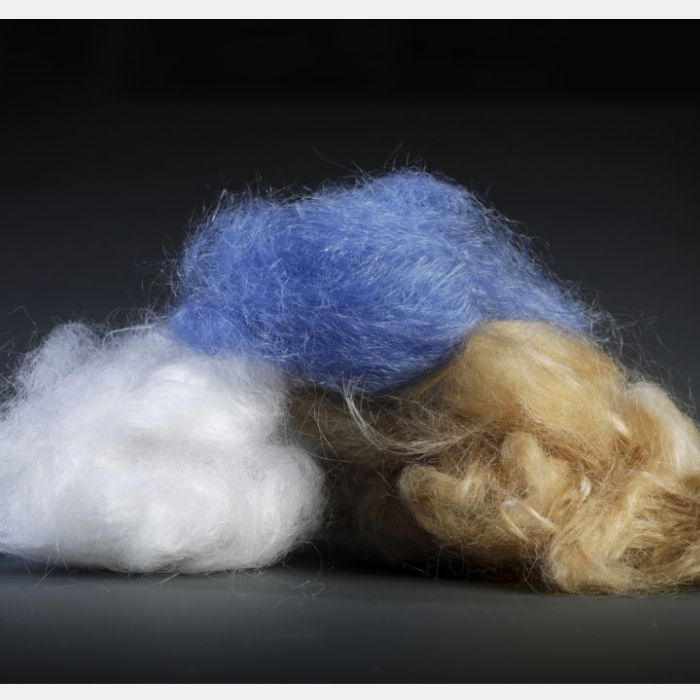
Factors to consider when choosing European fabric manufacturers to partner
4. Vinaz Garment: One of the promising alternatives for European fabric manufacturers
While Vinaz Garment is not a European fabric manufacturer, they offer various garment-related services and products that may be a good alternative for those seeking fabric sourcing and manufacturing outside Europe. Vinaz Garment specializes in multiple aspects of the garment industry, including fabric sourcing, design development, sample production, and manufacturing. They work with a global network of suppliers and have experience in producing a wide range of garments.

